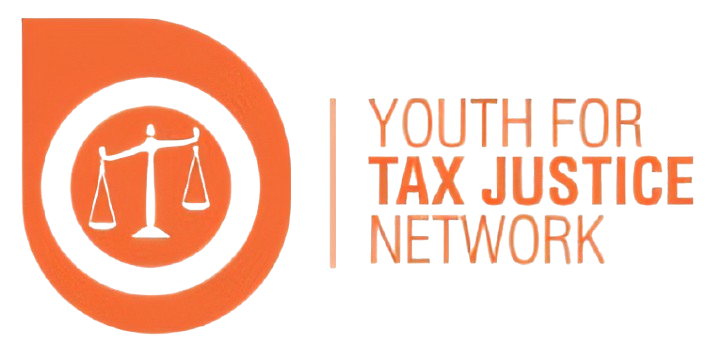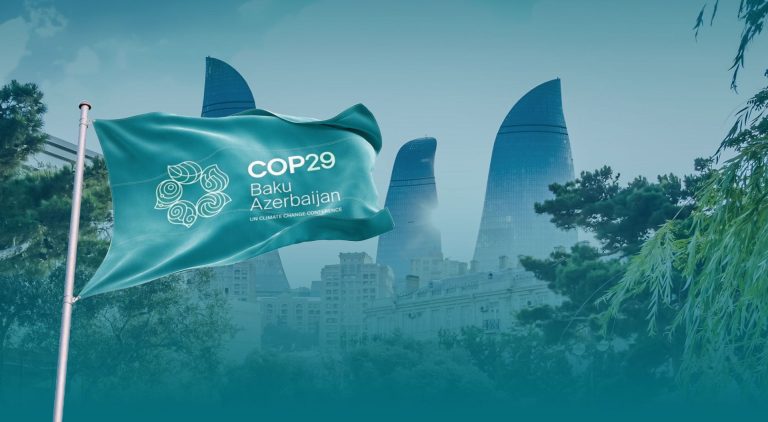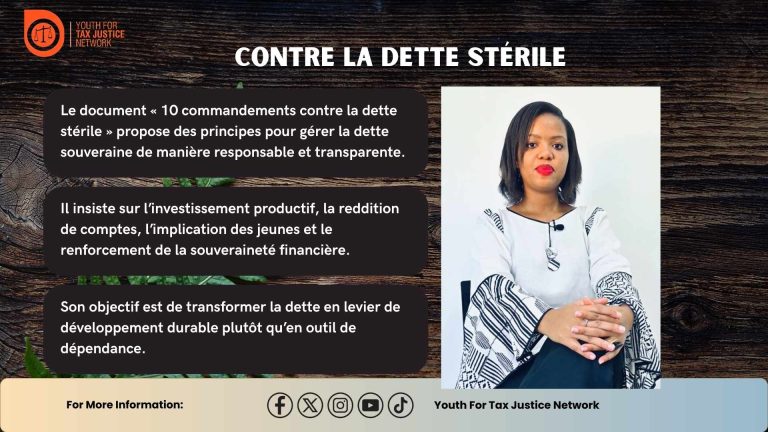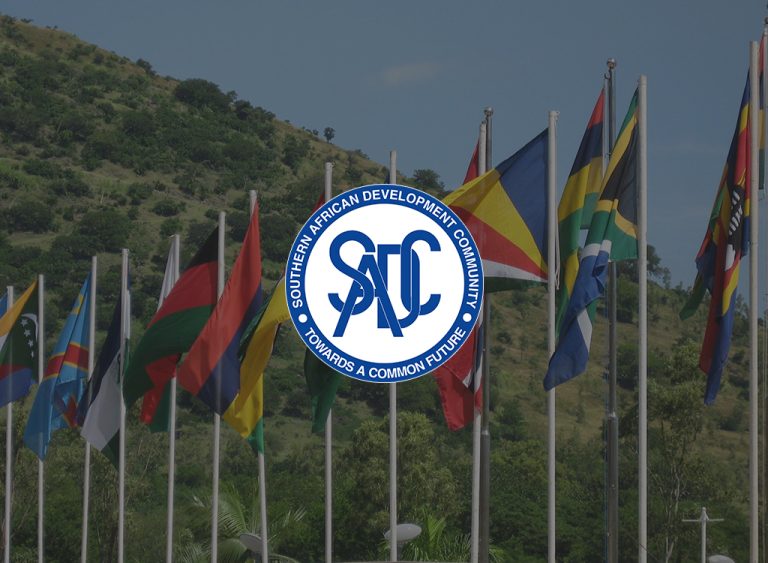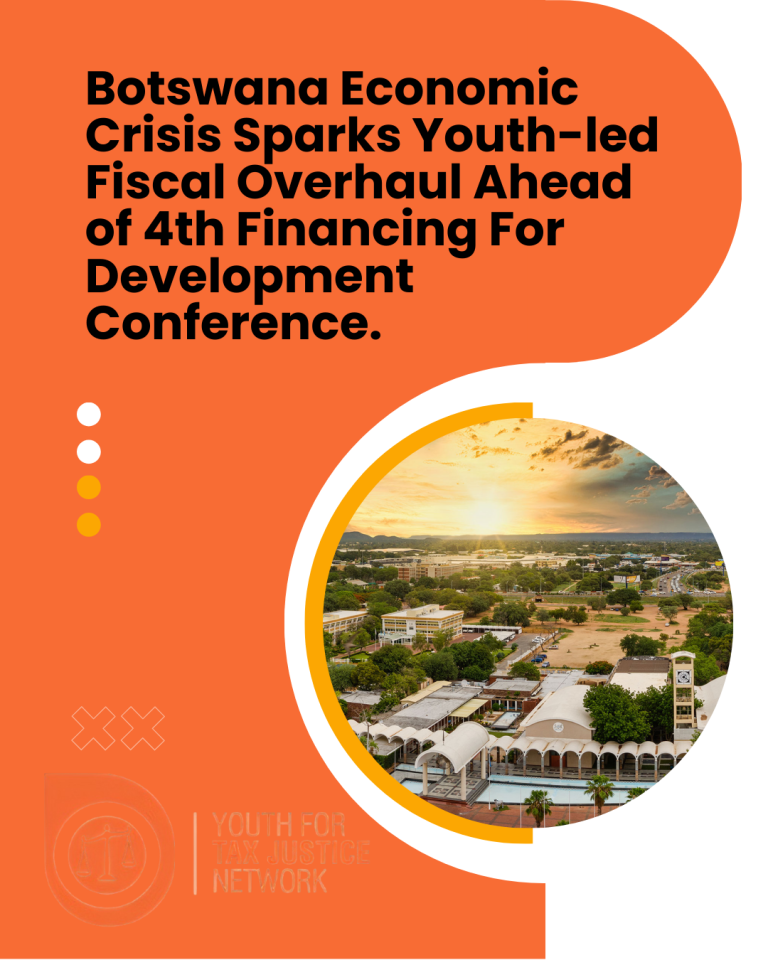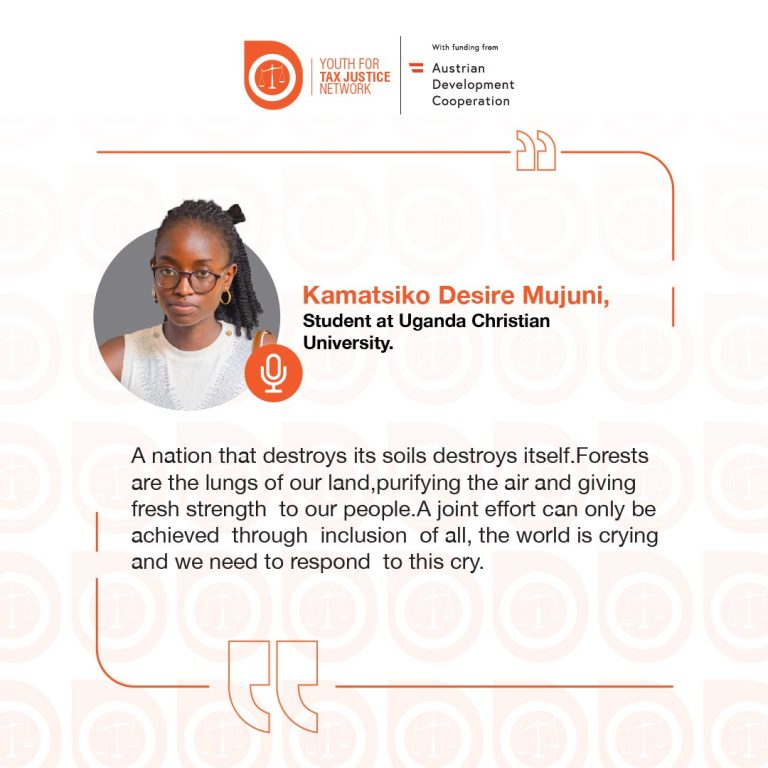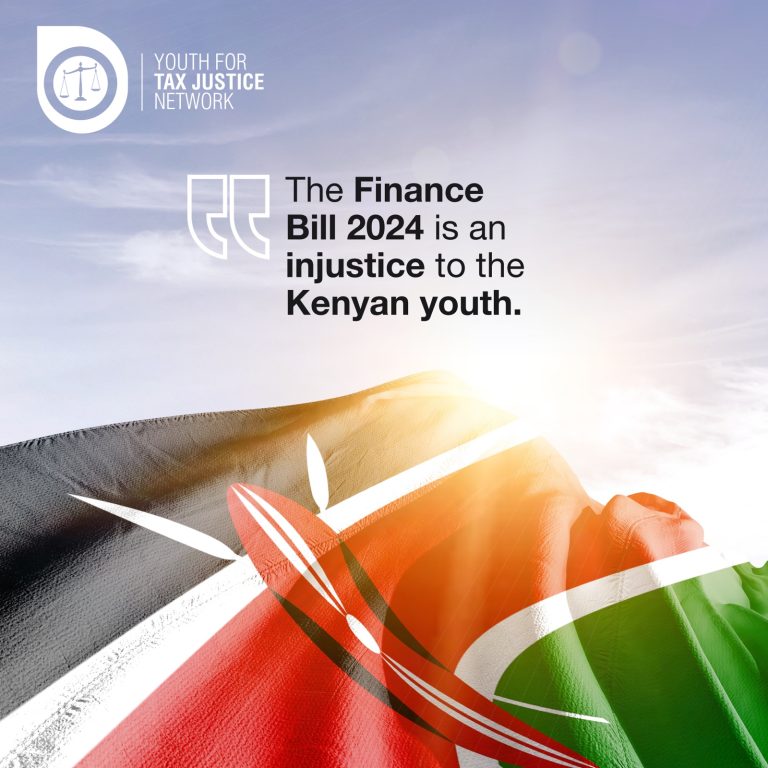INTRODUCTION
In the midst of the 19th Non-Aligned Movement (NAM) and Third South (G77) Summits which are running from 15th to 23rd January 2024 in Kampala, Uganda under the themes “Deepening cooperation for global affluence”, and “Leaving No One Behind” respectively, this article provides you with a brief description of the NAM and the G77 and it elaborates some of the key issues that should dominate discussions during the Summits.
WHAT IS THE NAM?
The Non-Aligned Movement (NAM) is a forum of 120 countries that are not formally aligned with or against any major power bloc. It was founded with the view to advancing interests of developing countries in the context of Cold War confrontation. NAM has sought to “create an independent path in world politics that would not result in member States becoming pawns in the struggles between the major powers.” It identifies the right of independent judgment, the struggle against imperialism and neo-colonialism, and the use of moderation in relations with all big powers as the three basic elements that have influenced its approach. Some of the key issues of interest of the NAM include: sustainable development and Agenda 2030; the world financial and economic crisis; unemployment; Africa’s development; development challenges of least developed countries; climate change; ICT among others.
WHAT IS THE GROUP OF 77 (G77)?
The Group of 77 (G77) is a coalition of 135 developing countries established in 1964 to promote its members’ collective economic interests and create an enhanced joint negotiating capacity in the United Nations. China is not a member of the bloc but it has consistently stated that it supports the organization’s mission. This year’s Summit aims at boosting South-South cooperation in the areas of trade, investment, sustainable development, climate change, poverty eradication, and digital economy.
PROGRESS TOWARDS ATTAINMENT OF THE SDGs
According to the Sustainable Development Goals report 2023, the impacts of the climate crisis, the war in Ukraine, a weak global economy, and the lingering effects of the COVID-19 pandemic have revealed weaknesses and hindered progress towards the Goals. It also highlighted that 37 out of the 69 poorest countries were in debt distress or at a high risk of it.
The report further warns that while lack of progress in attainment of the SDGs is universal, it is the world’s poorest and most vulnerable who are experiencing the worst effects of these unprecedented global challenges.
It also points out areas that need urgent action to rescue the SDGs and deliver meaningful progress for people and the planet by 2030 including:-that Heads of State and Government should recommit to seven years of accelerated, sustained and transformative action, both nationally and internationally, to deliver on the promise of the Sustainable Development Goals; Governments should advance concrete, integrated and targeted policies and actions to eradicate poverty, reduce inequality and end the war on nature, with a focus on advancing the rights of women and girls and empowering the most vulnerable and governments should strengthen national and subnational capacity, accountability and public institutions to deliver accelerated progress towards achieving the Sustainable Development Goals among others.
STRENGTHENING DOMESTIC RESOURCE MOBILIZATION EFFORTS
Target 17.1 of SDG 17 urges member states of the UN to strengthen their domestic resource mobilization efforts, including through international support to developing countries, to improve domestic capacity for tax and other revenue collection.
The SDGs report of 2023 recommends that the international community should urgently recommit to deliver on the Addis Ababa Action Agenda and to mobilize the resources and investment needed for developing countries to achieve the Sustainable Development Goals, particularly those in special situations and experiencing acute vulnerability if the world is to attain the SDGs by 2030.
The ability of States to mobilize their own resources and collect taxes to pay for essential services (education, health, social protection, security, and the like) is at the very heart of attaining the SDGs by 2030. It is also essential for public investment in equitable and sustainable development and the reduction of dependence on aid (debt). It has also been argued that domestic taxation also increases accountability and creates a platform for governments to engage with their citizens thus creating a social or fiscal contract between State and citizens.
REFORM OF THE GLOBAL FINANCIAL ARCHITECTURE
An issue which is pertinent to countries strengthening their domestic resource mobilization efforts is the reform of the global financial architecture. In a historic vote at the United Nations held on 22nd November 2023, a majority of UN Member States decided to start the negotiation of a UN Framework Convention on International Tax Cooperation through a process where all countries participate as equals. While a group of mainly the Organisation for Economic Cooperation and Development (OECD) countries voted against the resolution, it was adopted by a majority of 125 countries.
During the second G77 Summit in Havana, the Cuban President Miguel Diaz-Canal urged countries in the Global South to champion a new world order to promote greater equality. Speaking on behalf of the G77 at the UN General Assembly’s High Level Dialogue on Financing for Development, he called for the current financial architecture to be redesigned to better assist the global south.
The convening of several Heads of States and Senior government officials at the NAM presents an opportunity for member states to build a solidarity network which supports and engages in the upcoming UN process to deliver a UN Convention on Tax.
The UN Tax Convention once in place is expected to allow countries to participate in discussions and decision-making related to tax on an equal footing, promote democratic reforms of the international taxation framework, initiate the process of harmonizing international tax agreements, and foster greater collaboration between governments on tax matters in a fair, transparent and accountable manner.
CONTRIBUTION TO THE LOSS AND DAMAGE FUND
The NAM Summit is also an opportunity for member states to build a solidarity network which applies pressure on wealthy states (who are most responsible for the climate emergency) to contribute substantial amounts in the form of new and additional grants (not debt) to the Loss and Damage Fund which was recently operationalized at COP28.
Wealthy countries have so far pledged a combined total of just over $700m (£556m) to the loss and damage fund – the equivalent of less than 0.2% of the irreversible economic and non-economic losses developing countries are facing from global heating every year. The $100m pledge by the United Arab Emirates, the Cop28 host country, was matched by Germany – and then slightly topped by Italy and France, which both promised $108m. The US, which is historically the worst greenhouse gas emitter – and the largest producer of oil and gas this year – has so far pledged just $17.5m, while Japan, the third largest economy behind the US and China, has offered $10m. These pledges have fallen far short of what is needed, with the loss and damage in developing countries estimated to be greater than $400bn a year – and rising. Estimates for the annual cost of the damage have varied from $100bn-$580bn.
YOUTH UNEMPLOYMENT
The 18th Summit of Heads of State and Government of the Non-Aligned Movement which took place in Baku, the Republic of Azerbaijan in 2019 recognized youth unemployment as a major concern in Africa which needs to be addressed urgently. Five years down the road, with the devastating effects of the Covid-19 pandemic and the Russia-Ukraine war, the situation has worsened. The 2023 SDGs report noted that the youth unemployment rate continues to be much higher than the rate for adults, indicating ongoing challenges in securing employment opportunities for young people.
The NAM Summit is therefore an important avenue to discuss a sustainable solution to end the youth unemployment crisis.
